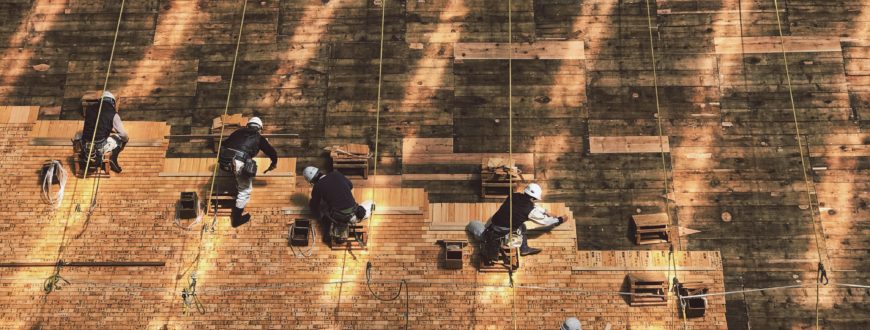
If you’ve chosen to be a house flipper, you’ll need to know about renovation permits before you begin rehabbing a property. Obtaining the right renovation permits will help you save money and time during the rehab, so once you’ve finalized your work plan, you need to ensure you get the right permits.
When you receive a permit, you are establishing that the workers, including yourself, are professional and insured. That’s a good thing, because it can help you avoids headaches down the road. Permitting also helps protect you against safety problems dealing with structure, electricity, etc., and keeps you on track regarding local building codes. Even if you are under time pressure, remember the rueful saying, “We never have time to do it right, but always have time to do it over.” Permits help you get it right the first time.
Failure to get the right permits can have many ill effects. It may even prohibit you from selling your property. A smart buyer will always insist on seeing the permits and signed inspection reports before daring to purchase a flipper property. In some areas, if problems show up after a sale and the work was done without a permit, the new owner will be responsible for getting a permit, fixing the problem and possibly paying a fine.
Flippers should welcome permits, because an inspector will have to sign off on the work. These approvals mean a qualified third party approved the work, which should help the flipper if a dispute arises.
Another motivation to follow the permit procedures is that a buyer’s bank might not release a mortgage loan if you can’t produce the permits and inspection reports. You will then have to get retroactive permits and perhaps require rework. It might even sour the deal.
If you’re a rehabber, you need to know the building codes and permit rules for the local municipality. A professional flipper will fill out and submit all the required forms before starting the work. If you haven’t previously purchased a rehab house in a given municipality, you might want to call the local building department first and get the lay of the land. In some cases, there might be some significant costs that affect a project’s economics. In some cases, you might need to post a bond or deposit to the local municipality for specific work.
Generally, the following items will require a permit:
- Adding area to the house
- Removing a load bearing wall
- Adding new electrical wiring
- Installing fences or decks of certain sizes
- Putting a dumpster on a public street
- Modifying a public sewer line
Some other types of work, such as installing a new roof, flooring, doors and windows, siding and countertops, as well as plumbing and painting, might require a permit.
The permit issuer will inspect the property when you alert them that the work is ready. If you don’t pass inspection, you’ll have to do additional work. In some cases, other work, such as installing drywall, will need to wait while electrical or plumbing inspections are pending.